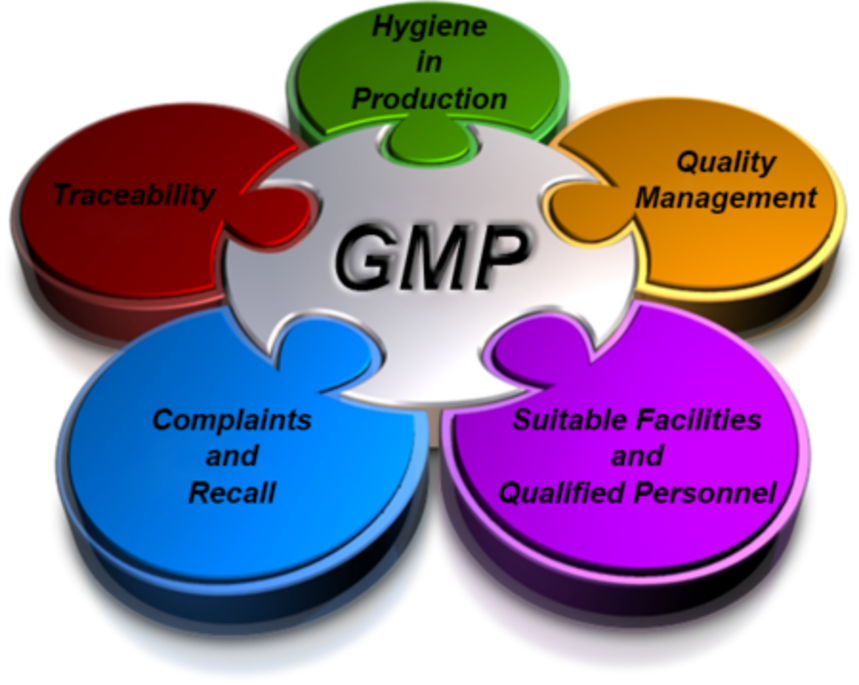
Good Manufacturing Practices (GMP) are the practices required in order to conform to the guidelines recommended by agencies that control the authorization and licensing of the manufacturing and sale of pharmaceutical products. These guidelines provide minimum requirements that a manufacturer must meet, to assure that their products are consistently high in quality, from batch to batch, for their intended use. The GMP is also applicable to food and beverages, cosmetics, dietary supplements and medical devices.
The rules that govern each industry may differ significantly; however, the main purpose of GMP is always to prevent harm from occurring to the end user , which include ensuring that the end product is free from contamination, that it is consistent in its manufacture and has been well documented. The personnel are well trained, and the product has been checked for quality more than just at the end phase. GMP is typically ensured through the effective use of a quality management system.
Current Good Manufacturing Practices (CGMP) in which "C" stands for "Current," requires companies to use technologies and systems that are up-to-date in order to comply with the regulations. It provides for the systems that assure proper design, monitoring and control of manufacturing processes along with facilities hence ensuring the identity, strength, quality and purity of drug products being manufactured.
The Manufacturers of Medicines have adequate control on manufacturing operations, which involves establishing of strong quality management systems, procuring quality raw materials, operating procedures, detecting and investigating deviation in quality of product, reliable testing laboratories. If adequately put into practice, CGMP prevents incidences of product mix-ups, contamination , deviations, failures, and errors which in turn assures that drug products meet the required quality standards.
CGMP is important as consumers have no mean to find out if the drug being consumed is safe and effective as testing alone is not adequate to ensure quality.Therefore, it is important that drugs are manufactured under conditions and practices required by the CGMP regulations to assure that quality is built into the design and manufacturing process at every step; in facilities that are in good condition, equipment that is properly maintained and calibrated, by employees who are qualified and fully trained, and processes that are reliable and reproducible.
Guidelines:
There are various CGMP inspections which are carried out by regulatory authorities such as FDA, EMA or MHRA. They have the goal to evaluate the degree of compliance to previously set standards of Good Manufacturing Practices. And because any research company, manufacturing organization or other institutions in Pharma must be GMP compliant, professionals working in such organizations must be able to provide proof of their eligibility, knowledge and skills. If they fail to comply with all of the requirements, they may lose their license or the product may be removed from the market.
The CFRs(Code of Federal Regulations ) of US FDA is a codification of the general and permanent rules of the federal government that relate to cGMP in the pharmaceutical and biotechnology companies are:
Any personnel who is part of manufacturing, packaging, storing, distributing or transporting pharmaceuticals and other medical products must be trained which will equip them to understand the crucial aspects of Current Good Manufacturing Practice.
TUV India in accordance with TUV India Procedures certify for CGMP to Pharma, Food and companies providing Primary Packaging Materials to Pharma and Food Industries.
